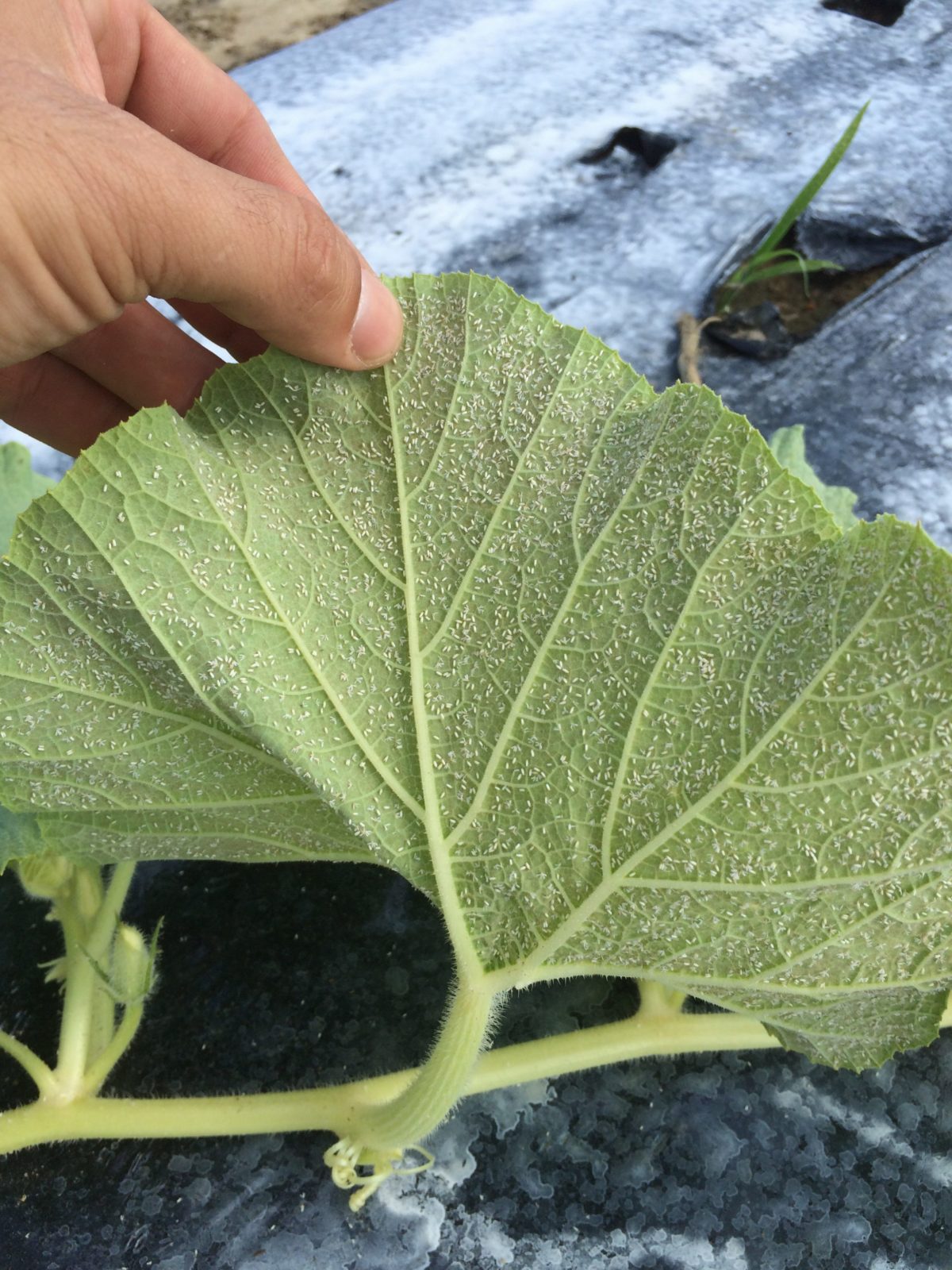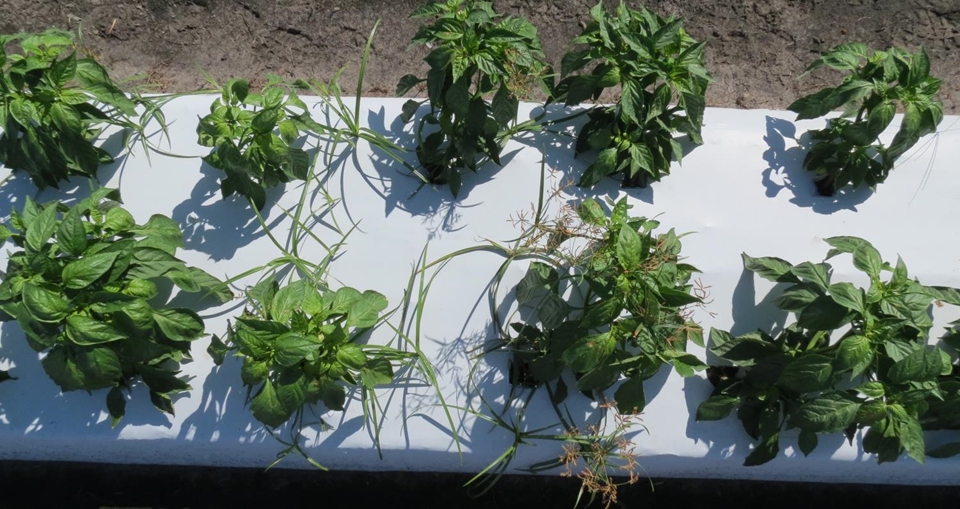By Clint Thompson It is too early to say if this year’s whitefly impact on vegetables and cotton will rival 2017. But University of Georgia (UGA) Cooperative Extension vegetable entomologist Stormy Sparks insists the potential is there. Sparks estimates that the whitefly population is about the same as a month ago. There have been some reports of populations existing primarily …
Japanese Beetles Active in Georgia Vineyards
According to the UGA Extension Viticulture Blog, Japanese beetles are starting to become more widespread in west Georgia vineyards. University of Georgia entomologist Brett Blaauw says the pests are only beginning to emerge but expects the populations to increase exponentially over the next few weeks. “In large enough numbers, Japanese beetles can be a severe pest of grapes during the …
Pepper Weevils a Problem for Vegetable Growers Again
By Clint Thompson Pepper weevils are once again a problem for pepper growers in the Southeast. Weevils are a problem wherever present, whether it is in high populations or low populations. “Anytime you have pepper weevil it’s a problem and in very low populations because of the contamination. High populations can cause fruit abscission. It can hurt your yields considerably. …
Fire Ant Swarms a Danger to Hemp
By Clint Thompson Hemp producers in the Southeast need to be mindful of fire ants. They will damage the stems of hemp plants if not treated, said Katelyn Kesheimer, Auburn University Assistant Professor and Extension Specialist. “My phone has been ringing off the hook with fire ant problems the last seven days, really. A couple of weeks ago, we had …
Pest Alert: Mummy Berry Disease in Blueberries
Posted by Elina Coneva and Ed Sikora (Alabama Extension) Current wet and cooler than normal conditions are conducive for mummy berry disease in blueberry, according to Alabama Extension. Mummy berry disease is caused by the fungus Monilinia vacciniicorymbosi and is an important fungal disease of blueberries that can cause yield losses of up to 50% when conditions are favorable for disease …
Diversification Key for Nutsedge Control in Vegetable Fields
By Clint Thompson University of Georgia Cooperative Extension weed specialist Stanley Culpepper encourages vegetable growers to diversify their management programs against nutsedge. This protects against potential resistance and provides adequate control. “In general, I would say with our guys, I’m not overly concerned because our fields with our most nutsedge, they get fumigation, they get tillage and they get herbicides,” …
Whiteflies not yet a concern for Alabama producers
By Clint Thompson Whiteflies have already been reported in Georgia vegetables this spring. They are not yet a concern for Alabama producers, however. Extension Entomologist Ron Smith said as cotton continues to be planted in Alabama, the focus right now is managing grasshoppers and thrips. Their focus will turn to whiteflies in early July. “I knew they overwintered at some …
Managing Diamondback Moth Larvae
By Hugh Smith Diamondback moth (Plutella xylostella) larvae only feed on plants in the crucifer family, including cabbage, broccoli, kale, mustards, radish, turnips, watercress and Brussels sprouts. Diamondback moth larvae are small green caterpillars with a pair of prolegs on their posterior end that form a V shape. This helps distinguish them from other caterpillars commonly found attacking crucifers, including …
Keeping Spotted-Wing Drosophila Under Control
By Ashfaq Sial Since its first detection in 2008, spotted-wing drosophila (SWD) has emerged as a devastating pest of berry and cherry crops throughout the United States. IDENTIFICATION AND DEVELOPMENT Male SWD have dark spots on the outer margins of their wings. Female SWD have saw-like ovipositors used to cut the skin of ripe or ripening fruit and deposit eggs …
New UF Researcher Brings Latest Research Techniques for Integrated Pest Management
By: Robin Koestoyo, Koestoyo@ufl.edu FORT PIERCE, Fla. — The first time Tolulope Morawo heard about the ability of beneficial insects to protect food crops from pest insects, he knew he had found his lifelong career. In 2009, Morawo learned from a lecture that phorid flies kill fire ants by laying their eggs inside the ants. When the next generation …











